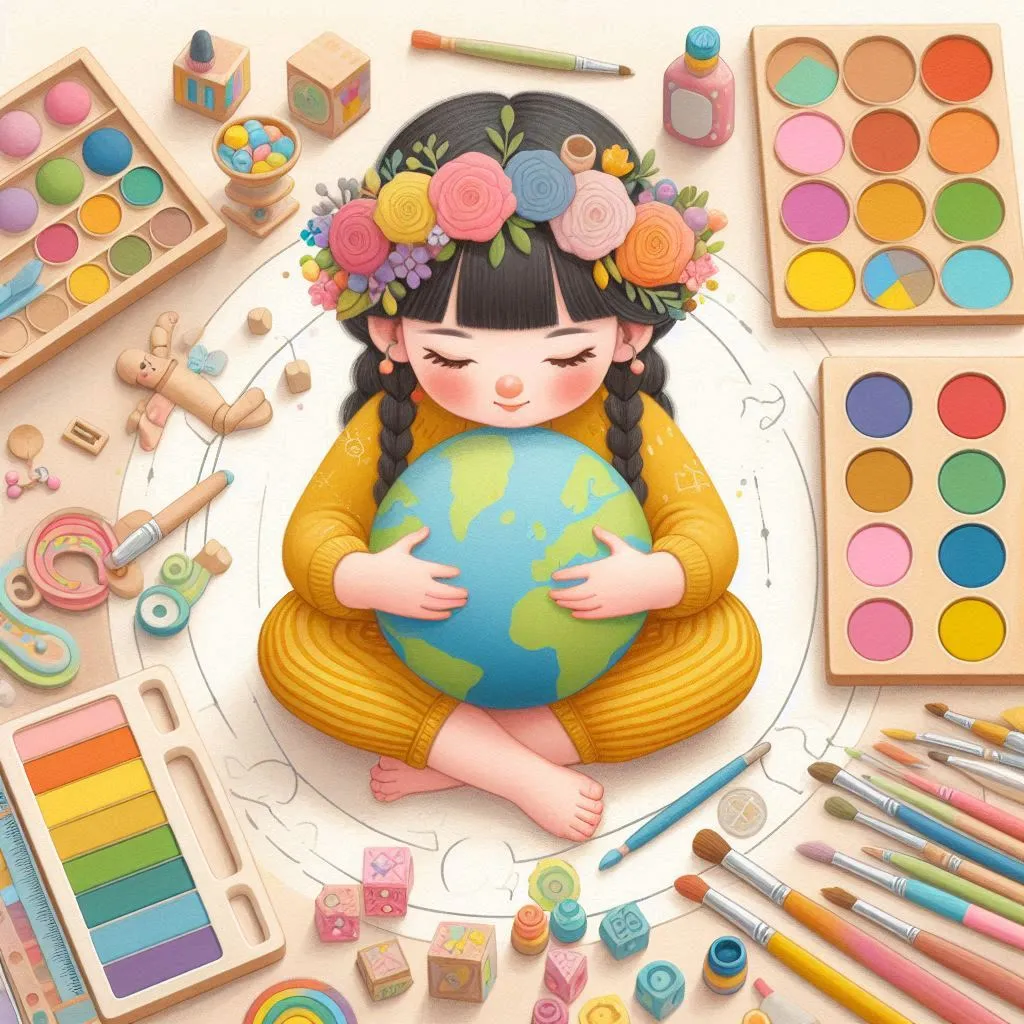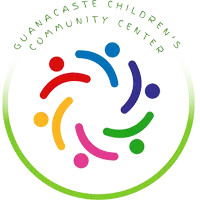Learning Hub
Welcome to the Learning Hub! Explore expert insights and tips on child development, education, and wellness.

10 Fun and Practical Montessori Activities for Toddlers
Engaging toddlers in Montessori activities at home is a fantastic way to foster their independence, curiosity, and love for learning. These activities are designed to be both educational and enjoyable, promoting development in various areas such as fine motor skills, cognitive abilities, and practical life skills. Here are ten fun and practical Montessori activities to try with your toddler:
1. Pouring and Transferring
Teach your toddler to pour water or dry goods like rice or beans from one container to another. This activity enhances their coordination and concentration.
Materials:
Small pitchers or cups
A tray to catch spills
Rice, beans, or water
Steps:
Demonstrate how to pour from one container to another.
Let your toddler practice, offering guidance as needed.
Celebrate their success and gently correct spills.
2. Scooping and Sorting
Encourage your toddler to scoop and sort different items such as beads, buttons, or small toys. This activity develops fine motor skills and hand-eye coordination.
Materials:
Small bowls or containers
Scooping tools (spoons, scoops)
Items to sort (beads, buttons)
Steps:
Show how to scoop and transfer items from one container to another.
Allow your child to sort items by color, size, or type.
3. Buttoning and Zipping Practice
Help your toddler practice buttoning and zipping using clothes or specially designed boards. This activity improves their dexterity and self-care skills.
Materials:
Clothes with buttons and zippers
Buttoning and zipping boards
Steps:
Demonstrate how to button and zip.
Let your toddler try, offering assistance when necessary.
Encourage regular practice.
4. Watering Plants
Involve your child in caring for houseplants. This activity teaches responsibility and the importance of nurturing living things.
Materials:
Small watering can
Indoor plants
Steps:
Show your toddler how to water the plants gently.
Supervise their watering sessions.
Discuss the importance of taking care of plants.
5. Sweeping and Cleaning
Provide child-sized cleaning tools to help your toddler sweep the floor or dust surfaces. This activity instills a sense of responsibility and order.
Materials:
Child-sized broom and dustpan
Small duster
Steps:
Demonstrate how to sweep or dust.
Encourage your child to clean up after themselves.
Praise their efforts and guide them as needed.
6. Making Snacks
Let your toddler help in the kitchen by preparing simple snacks. This activity enhances their practical life skills and independence.
Materials:
Safe, child-friendly kitchen tools
Ingredients for simple snacks (fruit, bread, spreads)
Steps:
Teach your toddler to spread butter or jam, peel a banana, or assemble a sandwich.
Supervise closely to ensure safety.
Enjoy the snack together.
7. Art and Craft Projects
Set up a creative space for your toddler to explore art. This fosters creativity and fine motor skills.
Materials:
Crayons, markers, and paints
Paper, coloring books
Safe scissors, glue, and craft materials
Steps:
Encourage your child to draw, color, and create.
Display their artwork proudly.
Offer new materials and projects regularly.
8. Nature Walks and Collections
Take your toddler on nature walks and encourage them to collect leaves, rocks, or flowers. This activity promotes exploration and a love for nature.
Materials:
A small basket or bag
A nature journal or scrapbook
Steps:
Walk together and discuss different plants and animals.
Collect interesting natural items.
Create a nature journal with their findings.
9. Building Blocks
Provide a variety of building blocks to stimulate your toddler’s creativity and problem-solving skills.
Materials:
Wooden blocks, LEGO bricks, or other building sets
Steps:
Show how to stack and connect blocks.
Encourage free play and building.
Discuss their creations and offer new challenges.
10. Music and Movement
Incorporate music and movement activities into your daily routine. This supports physical development and rhythm.
Materials:
Simple musical instruments (maracas, tambourines)
A playlist of children’s songs
Steps:
Sing and dance together.
Introduce simple instruments and rhythms.
Make music a fun part of the day.
Conclusion
These Montessori activities not only provide practical learning experiences but also create joyful and meaningful interactions with your toddler. By incorporating these activities into your daily routine, you can nurture your child’s development and independence in a fun and engaging way.
For more resources and ideas on Montessori education, visit Guanacaste Children’s Community Center (GCCC) to explore their exceptional programs and educational philosophy.
FAQs About Montessori Activities for Toddlers
What are some fun activities for toddlers? Fun activities for toddlers include sensory play, art and craft projects, nature walks, building with blocks, and music and movement. These activities are designed to be engaging and educational, promoting various aspects of development.
What is practical life in Montessori toddlers? Practical life activities in Montessori for toddlers involve everyday tasks that help children develop independence, coordination, and a sense of responsibility. Examples include pouring, dressing, cleaning, and preparing food.
What are the Montessori counting activities for toddlers? Montessori counting activities for toddlers include using counting beads, number puzzles, and counting objects like blocks or buttons. These activities help children understand numbers and develop early math skills through hands-on learning.
What activities does Montessori think children learn best? Montessori education believes children learn best through hands-on, practical activities that engage their senses and promote exploration. Activities that foster independence, such as practical life tasks, sensory play, and creative projects, are highly valued in Montessori education.
By implementing these activities and principles, you can create a nurturing and educational environment at home that supports your toddler’s development and independence.

At Guanacaste Children's Community Center, we offer bilingual Montessori education in a nurturing environment. Located near Tamarindo, Costa Rica, our programs inspire curiosity, creativity, and a love for learning. Join our vibrant community and give your child the opportunity to thrive through nature, hands-on activities, and personalized attention.
@ 2025 Guanacaste Children's Community Center. All Rights Reserved.
